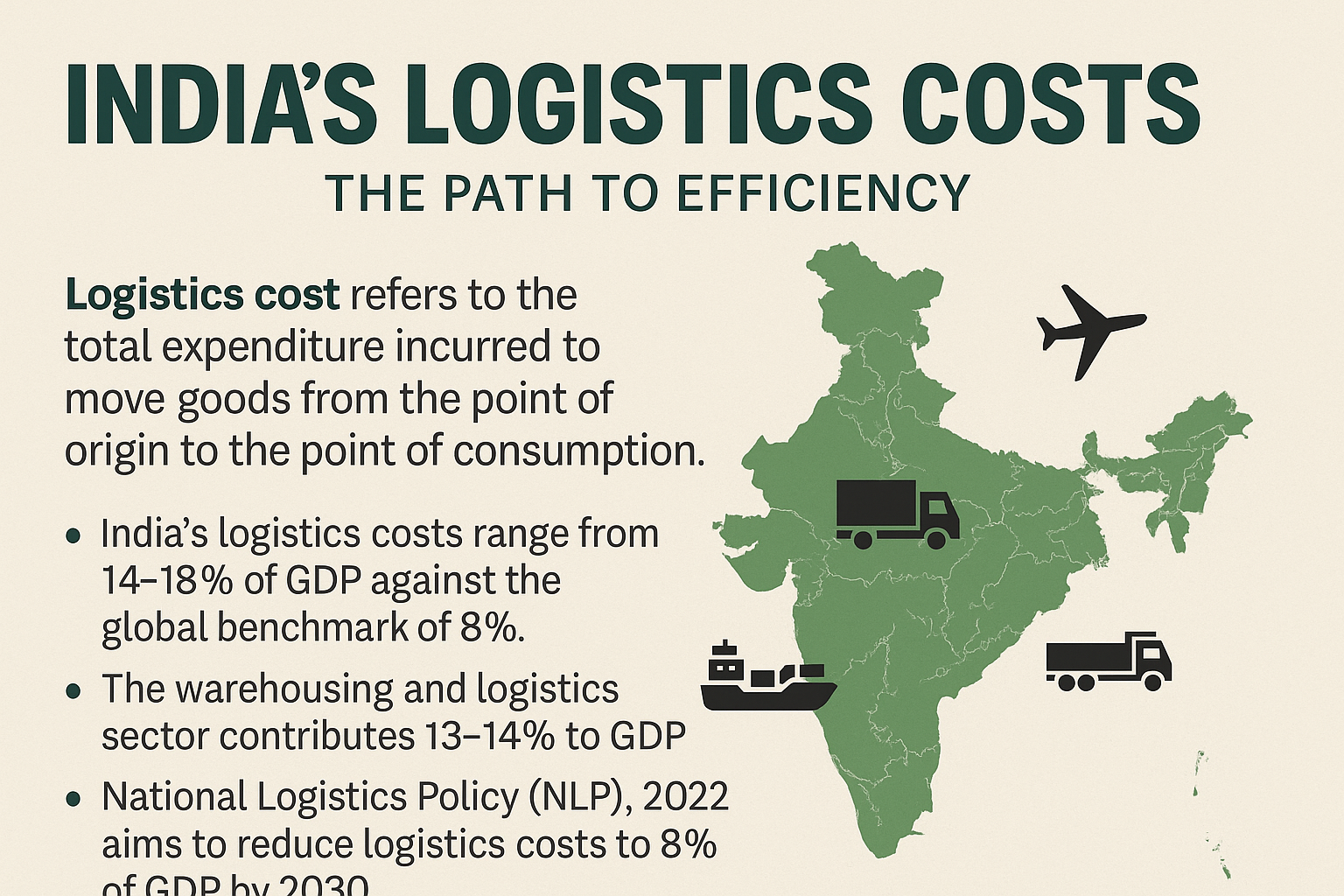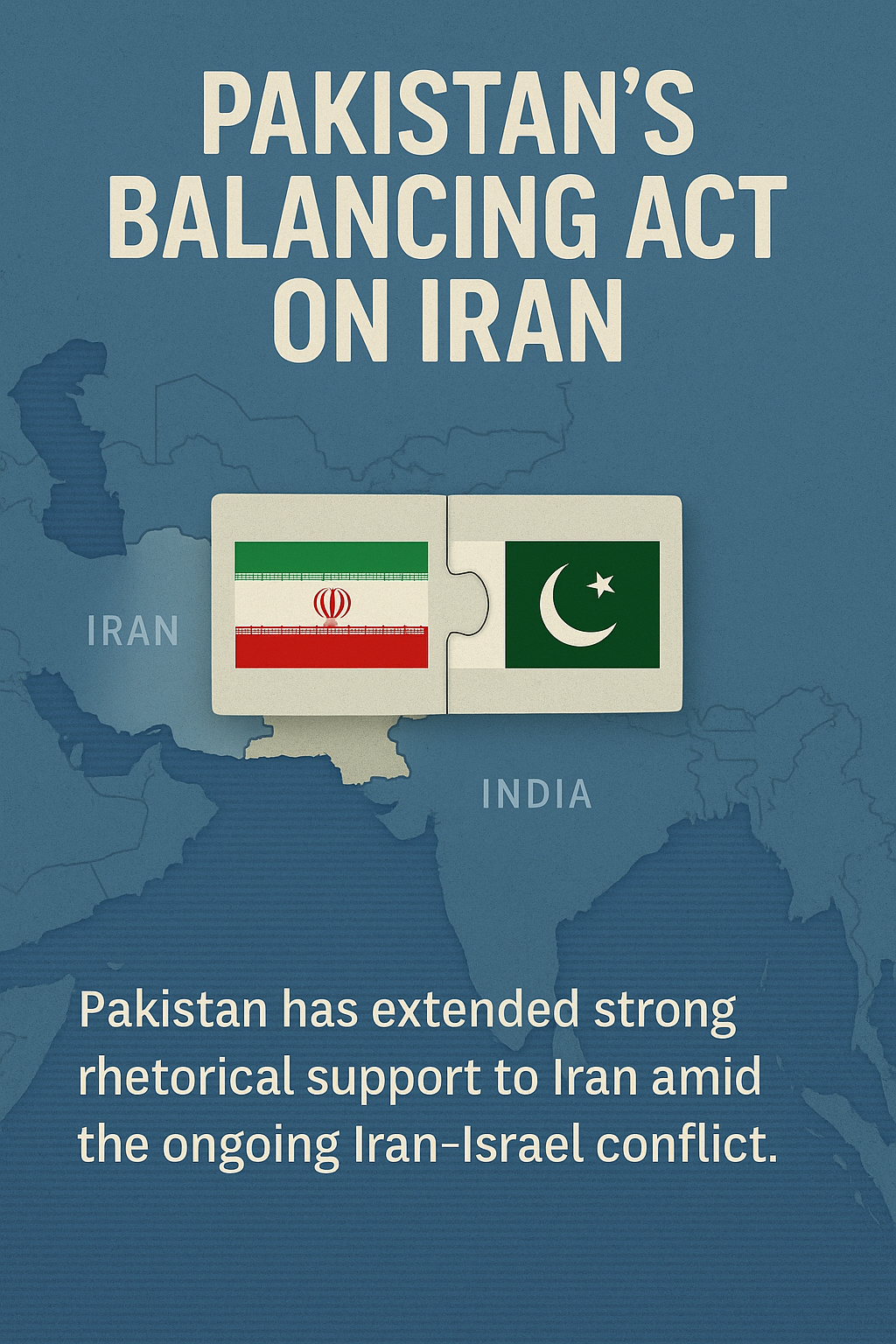223.
👶🏽 Children’s Rights & Global Policy
🛡️ UNICEF Report 2025 – Building Resilient Systems to Protect the World’s Children
UNICEF’s latest report, “Prospects for Children in 2025 – Building Resilient Systems for Children’s Futures”, offers a sobering yet essential view of the multiple, overlapping crises affecting children worldwide.
From armed conflict and climate change to economic instability and digital inequality, the report underscores the urgent need for systemic reforms that safeguard the rights and well-being of children.
🔫 Impact of Armed Conflict – Children in the Crossfire
- Over 473 million children live in conflict-affected areas
- This accounts for 19% of the global child population
- Nearly double the share from the 1990s
- Consequences include:
- Displacement
- Malnutrition
- Loss of education
- Severe psychological trauma
Children are often the least responsible, yet most affected, in times of war.
💸 Debt Crisis – A Barrier to Child Welfare
- Nearly 400 million children live in heavily indebted countries
- In some African nations, more is spent on debt repayment than on education
- High debt limits public investment in:
- Healthcare
- Social protection
- Basic education services
This trend deepens intergenerational poverty and undermines children’s rights.
🌡️ Climate Change – Undermining Child Resilience
- Only 2.4% of climate finance supports child-focused initiatives
- Climate disasters affect:
- Access to education
- Clean water
- Healthcare systems
- Children in vulnerable regions often experience climate shocks without recovery support
UNICEF calls for increased funding toward climate-resilient child services.
🌐 Digital Inequality – A New Frontier of Exclusion
- While technology is reshaping learning and communication, access remains unequal
- In Africa, only 53% of youth are online
- Girls and children with disabilities face even greater barriers
Bridging the digital divide is critical to ensuring equitable educational and economic opportunities.
🧩 Need for Systemic Change – Toward Resilient Futures
UNICEF urges a transformation in how governments and institutions approach child welfare:
Core Recommendations:
- Build integrated systems across sectors—education, health, nutrition, protection
- Promote inclusive governance and accountability
- Strengthen financing mechanisms that prioritize children
- Prepare systems to withstand future crises, not just respond to current ones
Children’s rights must be central to recovery plans, climate policy, and technological advancement.
🕯️ The world’s resilience tomorrow depends on how we protect and prepare its children today.















